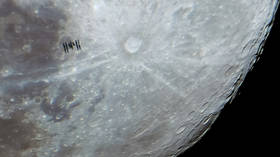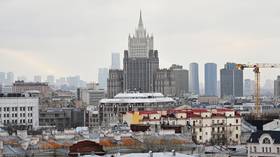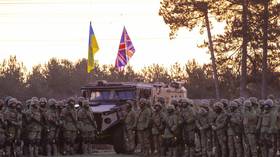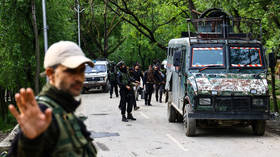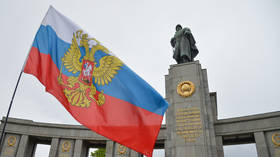WATCH SpaceX launches new Russian-US crew to ISS
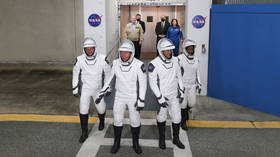
A SpaceX rocket carrying a Russian-US crew to the International Space Station (ISS) successfully launched from the Kennedy Space Center in Florida on Sunday, according to the US space agency NASA.
The Falcon 9 rocket propelled the Dragon spacecraft into orbit carrying Crew-8, a team consisting of NASA astronauts Matthew Dominick, Michael Barratt, Jeanette Epps, along with Russian cosmonaut Alexander Grebenkin, NASA said in a statement.
Crew-8 has since successfully reached orbit and will dock with the ISS on Tuesday, March 5, it added. The launch had been postponed several times due to bad weather.
Grebenkin became the fourth Russian cosmonaut to fly on SpaceX’s Dragon aircraft. He is flying on his first mission and will serve as a flight engineer during the expedition.
SpaceX has been delivering astronauts to the ISS under NASA’s Commercial Crew Program since 2020, using the Crew Dragon spacecraft. Sunday’s launch was the eighth for Elon Musk’s firm.
Roscosmos and NASA signed an agreement on cross-flights of Russian cosmonauts on SpaceX’s Dragon spacecraft and American astronauts on Russian Soyuz MS spacecraft in 2022.
The agreement ensures that at least one Roscosmos cosmonaut and one NASA astronaut is present in orbit to service the Russian and American segments of the ISS, in case of the cancellation or significant delay of a launch of a Russian or American spacecraft.
